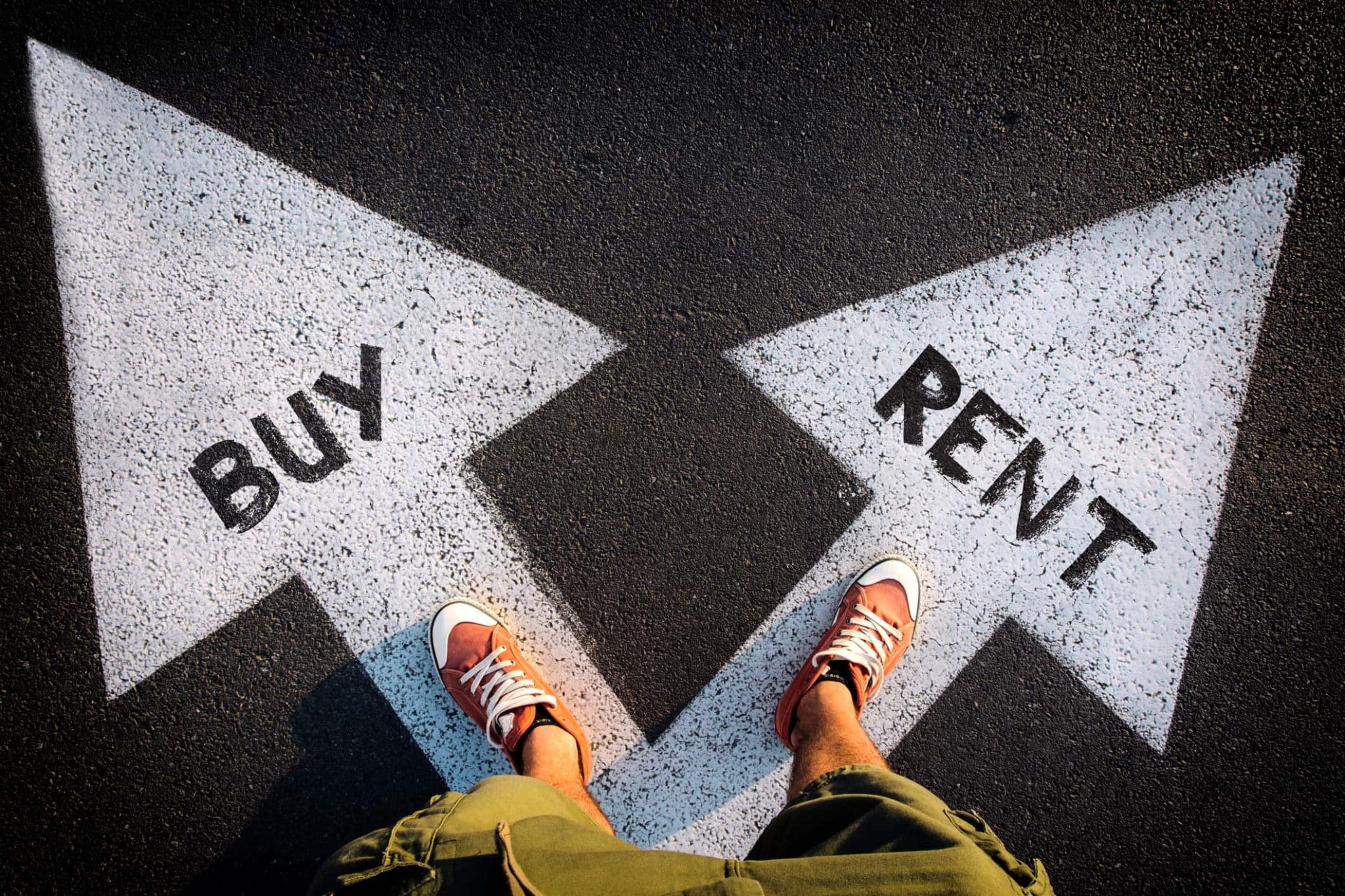Smarter Loans Inc. is not a lender. Smarter.loans is an independent comparison website that provides information on lending and financial companies in Canada. We work hard to give you the information you need to make smarter decisions about a financial company or product that you might be considering. We may receive compensation from companies that we work with for placement of their products or services on our site. While compensation arrangements may affect the order, position or placement of products & companies listed on our website, it does not influence our evaluation of those products. Please do not interpret the order in which products appear on Smarter Loans as an endorsement or recommendation from us. Our website does not feature every loan provider or financial product available in Canada. We try our best to bring you up-to-date, educational information to help you decide the best solution for your individual situation. The information and tools that we provide are free to you and should merely be used as guidance. You should always review the terms, fees, and conditions for any loan or financial product that you are considering.

Need equipment for your business? In the world of business ownership, ‘equipment’ can be defined as property other than land or properties that can be used in business operations. These can include machines, devices, tools, and even vehicles. Buying new equipment or upgrading the equipment you have can help improve the kind of products or services you provide. And of course, that also means better returns for your venture.
Unfortunately, the cost of equipment can be easily compounded. That’s why most business owners – especially those who are just starting – might not have enough capital to cover the cost of all the necessary equipment. So, what’s the solution? Well, you’ll essentially have two options, and those are equipment lease or finance.
An equipment lease is an easy, flexible type of rental agreement that lets you lease out equipment for a flat monthly charge. At the end of the rental contract, you have the option to renew your lease or to purchase the equipment. Of course, the cost of the unit will depend on the value stipulated by the lessor in your contract.
There are 2 different kinds of equipment lease contracts. These are the Operating Lease and the Capital Lease. The main distinction between the two is that the operating lease doesn’t appear on your balance sheet and costs much less. The capital lease appears on your balance sheet and gives you the option to purchase the equipment at the end of the loan term. In essence, the operating lease is ideal for short term rentals.
Equipment financing is more like a business loan. Business owners can avail of the loan by seeking out a lender. This person or entity will then purchase the equipment in full and have the borrower pay for the cost over a period of time – similar to any other loan. Keep in mind that lenders will apply an interest fee on the total cost of the equipment. This is how they make a profit off of the money they lend. And similar to a home equity or auto loan, the value will be secured against the equipment as collateral.
Finding out which option to choose if you’re hoping to acquire new equipment for your business relies on your understanding of the pros and cons of each of these financing methods.
Pros
Cons
The main benefit of choosing an equipment lease is that it’s much easier to acquire than an equipment loan. Without the need for any sort of down payment or collateral, the first payment you make might be the first monthly fee stated in your contract. Application is easy because you’re not buying anything and are simply renting out the equipment. In the event of any damages to your unit, the lessor will be responsible for repairs.
On top of all that, the terms of the contract can be quite flexible. At the end of the term, you have the option to renew the contract and keep renting the unit for another term, to purchase the equipment at a discounted price, or to terminate the contract all together in favor of a newer version of the equipment.
Of course, there are downsides. In effect, an equipment lease will almost always cost more than a loan when you compute the sum of all the payments you make. If you’re renting out equipment that loses significant value over time (like cars), then your lender might bump up the fee since they might have a hard time renting it out or selling it after you’re done with it.
Pros
Cons
When it comes to the equipment lease, the advantage is that you own the equipment after you’ve paid the full amount. There’s no need to designate any other property as collateral because the equipment itself will secure the value of the loan. Compared to traditional loans such as those for property and land, it’s much easier to qualify for equipment loans because of their relatively lower cost.
On the downside, equipment financing can be tricky because you’re stuck with what you buy. If you’re purchasing a piece of machinery that can quickly become obsolete, then you might have to pay for immediate upgrades or replacements as soon as the loan is paid off. Finally, much like any other loan, your lender will require that you pay for a portion of the amount as your equity. This is what you might call your ‘down payment’, and may be valued anywhere between 10-20% of the unit cost.
Consider whether you’re willing or able to pay such an amount up front, or whether you’d be better off renting equipment that might become obsolete too soon. This way, you can determine whether you’d benefit more from a lease or loan.